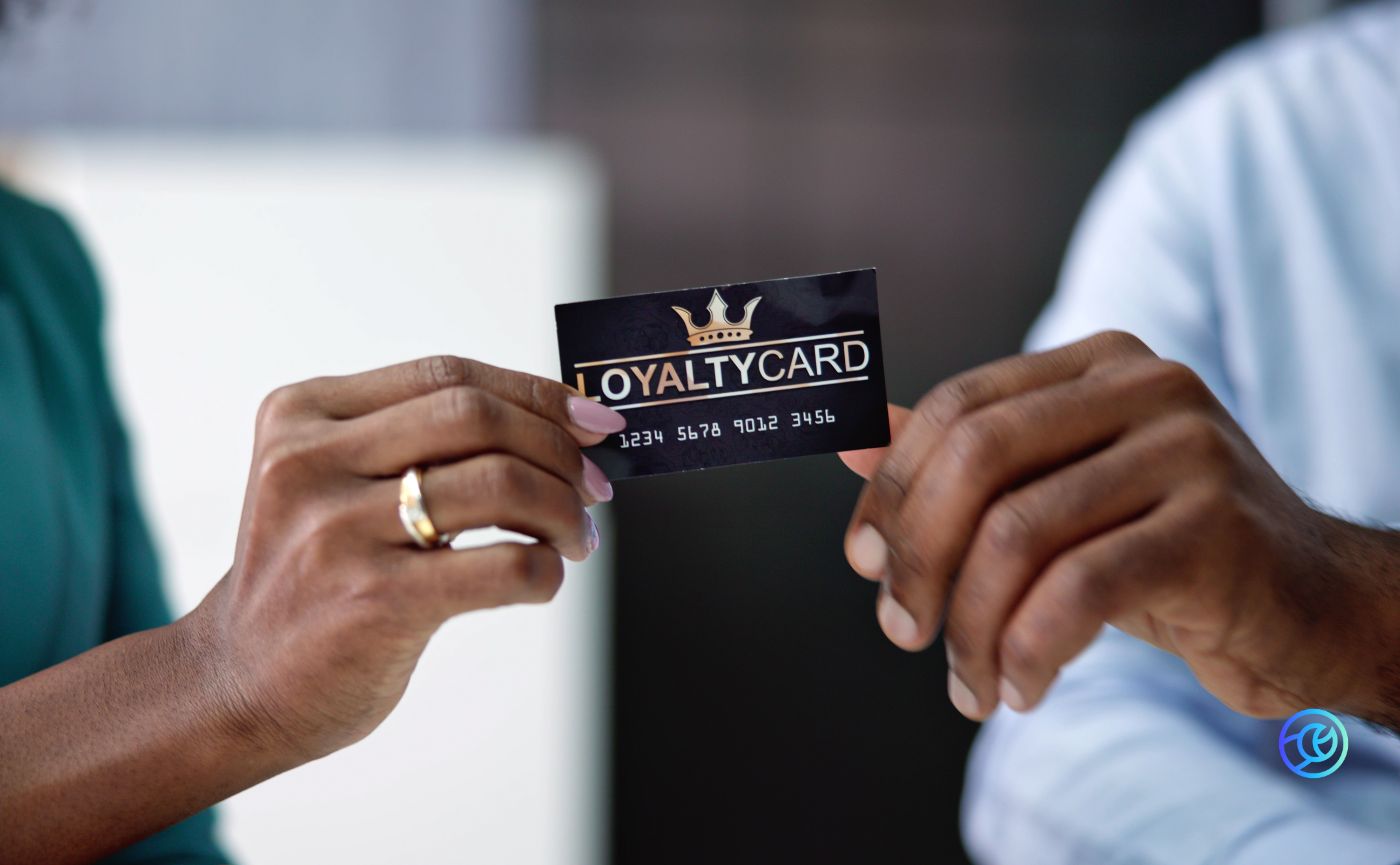How the Right AdTech Drives Revenue Through Channel Partners
Increasing revenue through channel partners has (finally) become a focus for brands. Many have spent the past two years focused on digital transformation, eCommerce extensions, and branded retail experiences. As they look for new revenue, channel partners have come into focus.
In April, Channel Marketer and Demand Gen released a report elaborating on the results of their Channel/Partner Marketing Benchmark Survey, which they released earlier this year. The results found that “66% of B2B leaders anticipate more than 11% of gain in revenue attributable to channel partners.”
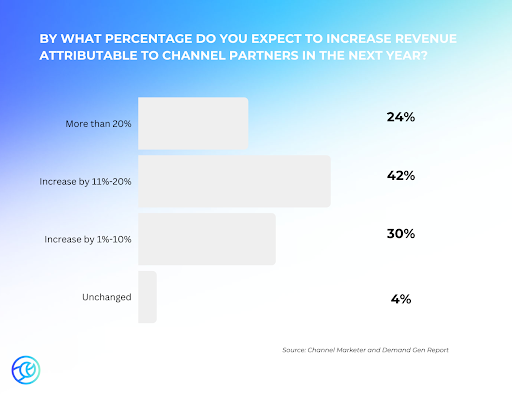
To focus on improving this revenue stream, companies are focused on 3 key areas:
Expanding Partner Ecosystems
-
- 82% of the respondents said they will be adding to their roster of partners
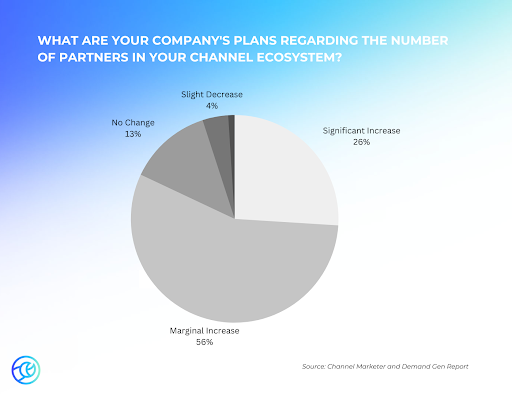
Improving the Partner Experience with Technology and Support
-
- Nearly 70% of those surveyed planned to boost spending on channel marketing support
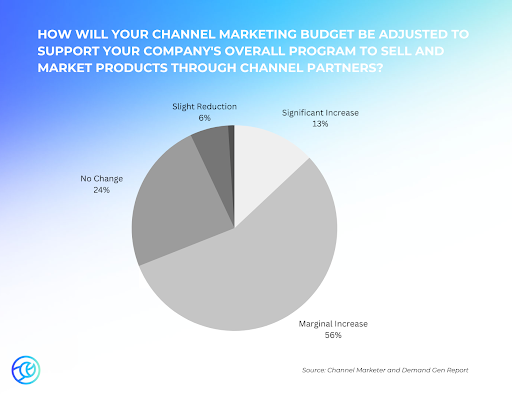
Providing Partners with the Branded Marketing Assets and Materials They Need
-
- 51% of those surveyed are offering social selling/marketing messages to partners
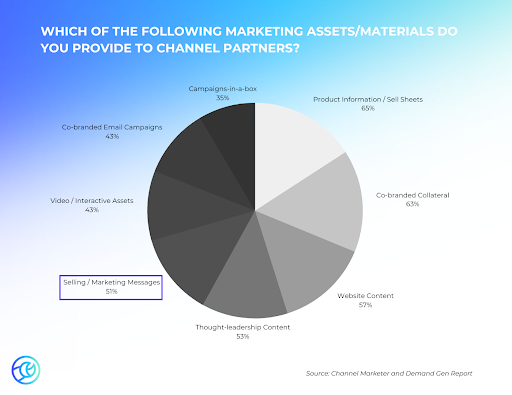
As brands expand their partner ecosystem, it’s crucial they have the right technology and social programs in place to amplify brand messages through their partners. Brands must upgrade to tools that offer ease of use, guidance to non-marketers, and scale to meet diverse organizational structures.
Flexibility is critical. When working with brands that drive revenue through indirect channels or partner networks, providing solutions that can adapt or accommodate multi-location management, and approval workflows, while balancing brand compliance with localization at scale is vital to ensure partner adoption.
As brands look to better leverage their local partners, they should evaluate their adtech along the following parameters:
-
- Is onboarding of local partners and locations quick and easy?
- Does the technology support different business models?
- Does it offer an accessible library of brand-compliant assets?
- Does it offer custom controls that allow for personalization and localization in campaigns?
- Can partners or agencies submit their own campaigns or changes through simple workflows with review and approval checkpoints?
- Can everyone involved see what they are achieving with reporting dashboards for both brand-level and partner-level insights?
Being relevant for local partners means activation and advocacy. Local partners rank social as a top advertising priority and as one of the most effective marketing tactics in their advertising toolbox. Yet, many struggle with content development, planning, and execution due to a lack of creative resources. This is the perfect opportunity for brands to demonstrate their dedication to partner success (while also extending local reach through social channels). It’s a win-win.
Discover how Tiger Pistol can power your local advertising success.
Related Posts
Does Proximity-based Advertising Matter in a COVID World?
People may be moving physically less, but proximity still matters. Even when transacting digitally, consumers prefer to purchase from businesses that are closest to them. Whether for love of local businesses, the fastest shipping time, or their own familiarity with their neighborhood. With COVID continuing to force businesses and consumers to evolve their habit
From Brand-Level Data to Franchisee Success: Maximizing Loyalty Program Potential
Quick Service Restaurant (QSR) marketers grasp the pivotal role played by loyalty programs in customer retention and driving sales. However, brands often hold their loyalty data card close to their vest, hoarding this vital information from their franchisees and setting the stage for missed opportunities. Start Smart Change the game and set everyone up to [&hel
Leveraging Consumer Beverage Preferences in Competitive Socializing with Local Social Ads
Eatertainment in the USA and competitive socializing in the UK share the same vibrant concept: combining dining and drinking with fun activities like indoor golf, bowling, pickleball, and more. For beverage marketers, these venues present a unique opportunity to blend local advertising with consumer insights, driving on-premise sales. A new report from CGA by N
Empowering Real Estate Agents with Collaborative Social Advertising
https://youtu.be/zCT57WeF-jM Recently, Dawn Perry, Senior Vice President of Cross Brand Marketing at Realogy, a Fortune 500 real estate services provider appeared on Property Radar’s The Data Driven Real Estate Podcast. Among other forward-thinking approaches, Perry discussed Social Ad Engine, a purpose-built collaborative social advertising solution develope


